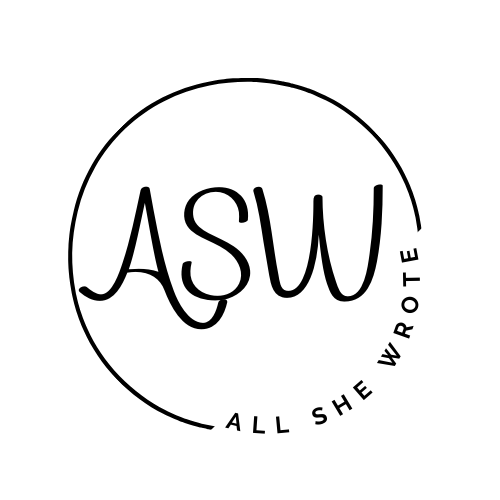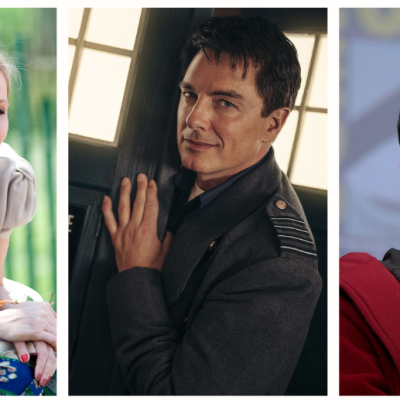In the glittering world of Hollywood, the line between art and artist often blurs, sparking a heated debate: Can we separate an artist’s work from their personal conduct? This question becomes increasingly relevant as numerous artists continue to face serious allegations and public backlash, challenging fans and the industry alike to reconsider where they draw their moral boundaries.
Some controversial artists
- R Kelly: Once hailed as an R&B icon, R Kelly’s legacy crumbled under the weight of decades-long sexual abuse allegations. Following the explosive documentary series Surviving R. Kelly, public outcry led to a significant drop in his music streams and radio play, culminating in a guilty verdict that marked a rare instance of the music industry’s accountability.
- Ezra Miller: Known for their role in The Flash, Ezra Miller’s erratic behaviour, including allegations of violence, has raised eyebrows. The response has been a mix of concern and disappointment, with fans and Warner Bros. cautiously navigating the actor’s future in the franchise.
- Jim Caviezel: Jim Caviezel, recognised for his role in The Passion of the Christ, stunned audiences with a bizarre rant endorsing a fringe conspiracy theory. The industry’s reaction has been notably muted, though the incident left many fans bewildered and disillusioned.
- Kevin Sorbo: The Hercules star’s inflammatory, racist comments regarding the Ferguson protests resulted in a swift and widespread backlash. Sorbo’s remarks led to a significant dent in his reputation, with fans and industry peers openly criticising his stance.
- John Barrowman: Beloved for his role in Doctor Who, John Barrowman faced allegations of sexual harassment on set. The revelation sparked a mixed response, with some fans expressing disappointment and others defending his actions as misjudged humour.
- Nikki Minaj: Nikki Minaj’s relationship with a registered sex offender stirred controversy, dividing her fanbase. While some fans expressed their support, others questioned her judgment, highlighting the complex dynamics of personal choices in the public eye.
- Roseanne Barr: A single racist tweet was all it took to bring down Roseanne Barr’s career, leading to the cancellation of her eponymous show. The swift response from the network and widespread public condemnation underscored the industry’s growing intolerance for such behaviour.
This is just a small list of celebrities who have crossed the boundaries of decent or moral behaviour.
Another example is the case of Kanye West, whose transformation from controversial statements to a more religious image raises questions about how fans reconcile an artist’s changing public persona with their art. This situation exemplifies the broader theme of influential artists engaging in controversial behaviour, leaving audiences to grapple with their feelings about the art and the artist.
Another significant discussion concerns J.K. Rowling and the Harry Potter series. Rowling’s comments on the transgender community have caused a rift among fans, particularly those who found solace in the series as a narrative of belonging. This raises the question of whether it’s possible to detach the art from its creator, especially when the creator’s views are seen as harmful by parts of the fanbase.
The debate also extends to other artists like Marilyn Manson and Justin Roiland, whose alleged actions have led to reconsiderations of their work. In these cases, the challenge is to navigate the complexities of enjoying art created by individuals accused of serious misdeeds. This situation is further complicated when an artist’s fanbase includes people from the very groups the artist is accused of harming.
The industry’s response
Hollywood’s reaction to these controversies ranges from outright ostracisation to cautious observation. The industry, once slow to act, now often takes swift steps towards accountability, influenced by public opinion and social media movements. However, the path from condemnation to redemption, if it exists, remains unclear.
Fan reactions and moral dilemmas
Fans are left in a moral quandary, torn between their love for the art and their ethical stances against the artists’ actions. Boycotts, social media campaigns, and public debates reflect the diverse reactions, showcasing a fanbase struggling to reconcile their admiration with their moral compass.
The discussion becomes even more intricate in the context of cancel culture and parasocial relationships. Fans often idolise celebrities, creating unrealistic expectations. When these idols fail to meet these expectations, they face severe backlash, sometimes leading to their being “cancelled.” However, this phenomenon doesn’t always result in celebrities facing the full consequences of their actions, as die-hard fans may continue to support them despite problematic behaviour.
Navigating the future
These cases not only shape the present discourse but also signal a shift in future industry practices and fan consumption. They raise critical questions about the responsibility of artists and the extent to which their personal lives should impact their professional careers. As social media continues to amplify public opinion, it becomes an increasingly powerful force in shaping an artist’s trajectory.
Finally, the debate about separating art from the artist is seen as a matter of personal ethics, with different individuals drawing their lines based on their moral beliefs. It raises the question of whether consumers should feel responsible for the moral actions of celebrities and whether they should sacrifice their enjoyment of art due to the artist’s behaviour.
These discussions reflect the ongoing struggle to find a balance between appreciating art and holding artists accountable for their actions, highlighting the complexity of the issue in the modern cultural landscape.
It is a complex and nuanced debate, reflecting the evolving landscape of societal values and ethics. As Hollywood and its audience continue to grapple with these issues, the answers remain as varied and dynamic as the industry itself.






Leave a Reply